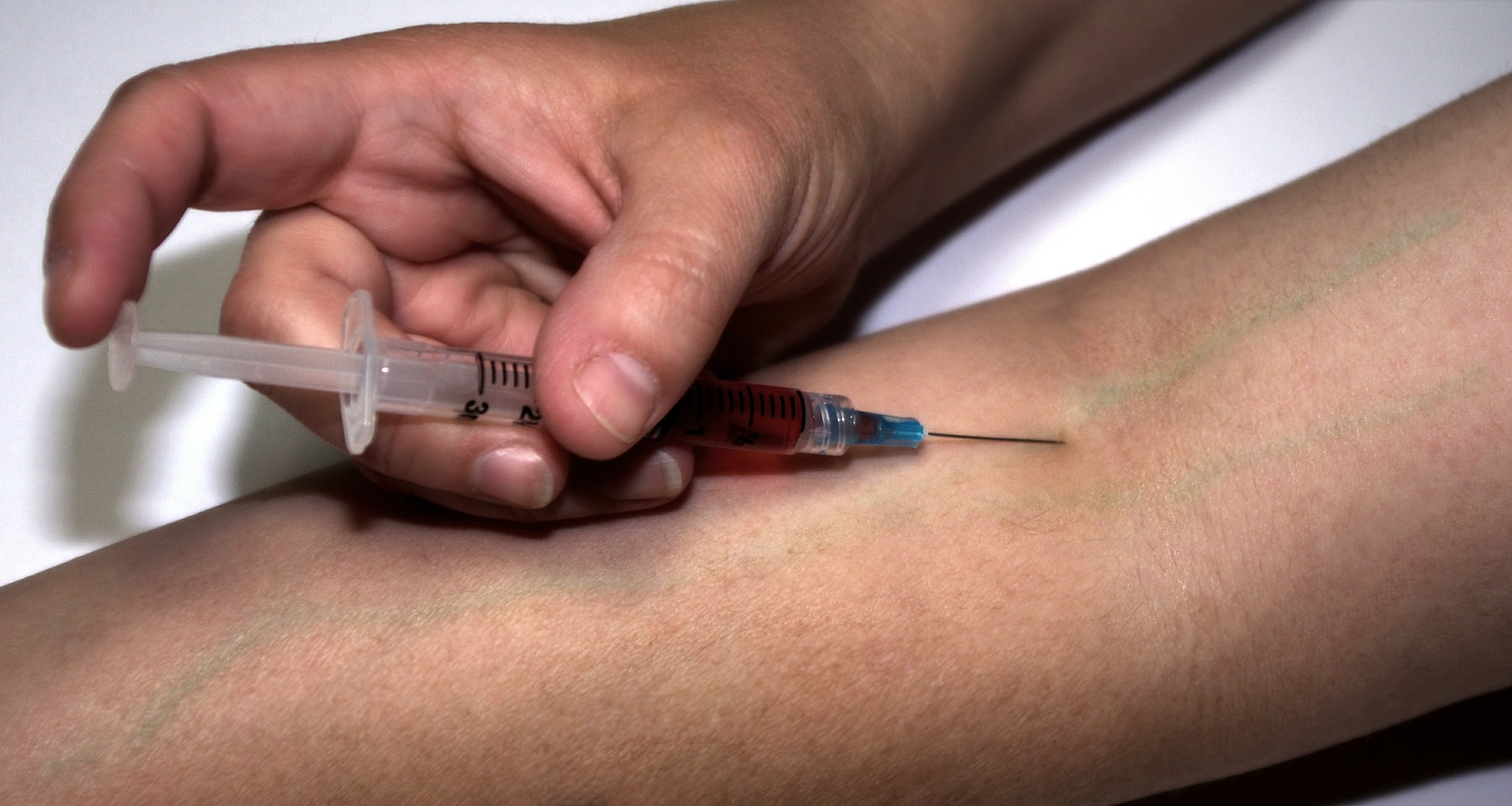Struggling with Substance Abuse? Here’s How You Can Help Yourself & Your Loved Ones
When a person suffers from addiction, their behaviour can become unpredictable, and their erratic actions can cause emotional distress to the family.

A significant portion of the Indian population suffers from substance abuse disorder. However, alcohol or drug addiction affects more than just the abuser. Apart from a direct impact on the life of those addicted, substance abuse can also have a devastating effect on the family members and their loved ones.
When a person suffers from addiction, their behaviour can become unpredictable, and their erratic actions can cause emotional distress to the family.

Further, their condition often makes it difficult for them to hold down a steady job and this can lead to an additional burden on the family members to take up the responsibility of supporting them. This can cause further strain on an already uneasy relationship.
The family members of the addicted individual may experience negative emotions such as blame, anger, resentment, and in some cases, even fear. As drugs and alcohol tend to lower inhibition and reduce the addict’s cognitive functioning, they may say or do things that may be rude or induce emotions of embarrassment and shame in other family members.
I once had a client, a young man, who suffered from alcohol addiction over several years. For most of that time, his parents remained in denial of his problem. They believed his issues were largely normal for a young man, and that once he settled down and got married, his dependence on alcohol would stop. This did not prove to be the case, as the drinking continued and caused several issues within the marriage. It was only when his wife informed her parents, and subsequently walked out of the marriage, that my client’s mother came to terms with his alcohol dependence.
Also Read: This 81-Year-Old Has Walked over 5,70,000 Km to Spread Awareness Against Tobacco & Alcohol
The young man, in question, then decided to get help and became sober. However, he soon relapsed and this time with food instead of alcohol. During the therapy sessions, it came to light that his overindulgence in alcohol or food was a mechanism for comfort.
When treating an individual with any addiction, it is vital to acknowledge the thought process and unconscious needs behind the behaviour.

The addiction had a severe impact, not only on the young man, but also on his wife, his young child, and his parents. His wife felt cheated since she was not told about the severity of his addiction before marriage. She also felt resentment towards her in-laws, who, she believed, refused to acknowledge and account for the problem. In addition, she lived in constant fear for her young child growing up to become an addict, like his father.
Having a parent or a primary caregiver with a drug or alcohol addiction can also have several negative effects on children. The most important being that the parent or caregiver may forget to acknowledge and fulfill the needs of the child, and focus on procuring the substance that they are addicted to.
In such households, often, children are forced to take care of themselves, with older children taking up the responsibility of ensuring that the needs of their younger siblings are met.

Substance abuse and addiction have also been seen to increase the risk of child maltreatment. Children are also more likely to use drugs and alcohol as a maladaptive coping mechanism in times of stress if they observe one or both of their parents doing the same.
The first step in treating substance abuse and addiction is to help the person in overcoming denial about their condition. This includes making them understand the effects of addiction on themselves and their loved ones.
In some cases, family members may be discouraged or are unsure about how to talk to the person suffering from the addiction.
However, there are a variety of treatment and therapy methods available to support individuals and families through the recovery process.

You May Also Like: The Incredible Story of a Village in Kerala That Gave up Alcohol… For Chess!
If you or a loved one has a problem with any substances, click here to find a mental health professional in your area, who will be best able to advise you on a course of action.
Like this story? Or have something to share?
Write to us: [email protected].
Connect with us on Facebook and Twitter.
If you found our stories insightful, informative, or even just enjoyable, we invite you to consider making a voluntary payment to support the work we do at The Better India. Your contribution helps us continue producing quality content that educates, inspires, and drives positive change.
Choose one of the payment options below for your contribution-
By paying for the stories you value, you directly contribute to sustaining our efforts focused on making a difference in the world. Together, let’s ensure that impactful stories continue to be told and shared, enriching lives and communities alike.
Thank you for your support. Here are some frequently asked questions you might find helpful to know why you are contributing?


This story made me
-
97
-
121
-
89
-
167











